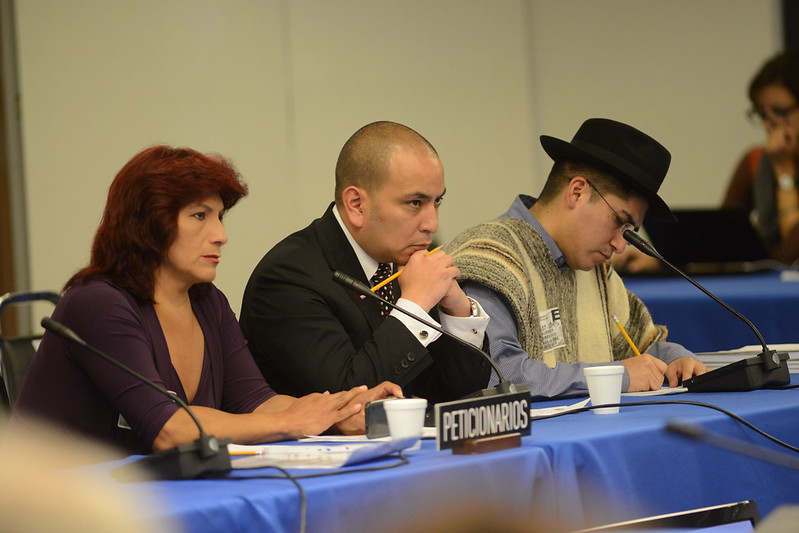
What could U.S. trans rights activists learn from Bolivia? I found an answer in a new article in Comparative Politics by Calla Hummel and V. Ximena Velasco-Guachalla that examines a paradox of Latin American states: Laws affirming the rights of transgender people pass alongside laws that restrict marriage and parenting for heterosexual families.
Hummel and Velasco-Guachalla focus on recent developments in Bolivia and draw on interviews with activists and lawmakers. They argue that parties with open structures – for instance, multiple channels for participation and input – are more likely to pass activist-led initiatives, especially when those parties have strong social movement ties. In Bolivia, trans activists leveraged their connections with the party MAS (Movement Towards Socialism); that led to MAS passing a 2016 gender identity law that guarantees opportunities for trans people to update state documents to reflect their names and gender. This important law also includes provisions stating that gender is a social construct and that individuals have the right to gender identity recognition.
Ironically, relatively open parties mean that while transgender activists might gain attention for their policy goals and even win victories, the same parties are open to influence from organized religion with political power. In this case, evangelicals opposed to the law held protests and political debates, and challenged the law in court. In 2017, the Supreme Court of Bolivia ruled any Bolivian who changed their gender data with the state would be barred from marriage or adoption in their new gender; transwomen would be barred from running for public office as women.
As Hummel and Velasco-Guachalla argue, party openness is what leads to both these seemingly contradictory developments. These findings also brought to mind a recent book by Paisley Currah, Sex Is as Sex Does: Governing Transgender Identity, which draws attention away from what sex is to critically engage what sex does for the state. In short, Currah argues that the state uses sex to control access to resources. Currah shows that seemingly inconsistent developments, such as governments allowing trans people to update their sex on identification documents while also restricting access to marriage, serve the state’s interests. Controlling sex in these ways helps the state to accurately surveil populations and secure the passage of property and resources along heteronormative lines.
Hummel and Velasco-Guachalla hint at these dynamics when they cite activists who wryly note that the law passed once they dropped the parts that would ensure access to gender-affirming care through the state medical system (as Argentina does) – because then the law would not cost the government anything.
Guaranteed access to medical care is highly consequential for trans people. But even without that, passing gender identity laws like the one in Bolivia can nevertheless move the needle on trans rights in a positive direction. U.S. activists and policymakers might heed the lessons from this article in two ways. The first is to seek alliances with movements for trans rights in other democracies to learn from their strategies. The second is to forge partnerships within parties that highlight the deeply personal stakes of these laws for transgender people.
Editors’ note: An earlier version of this post misspelled V. Ximena Velasco-Guachalla’s last name. We regret the error.



